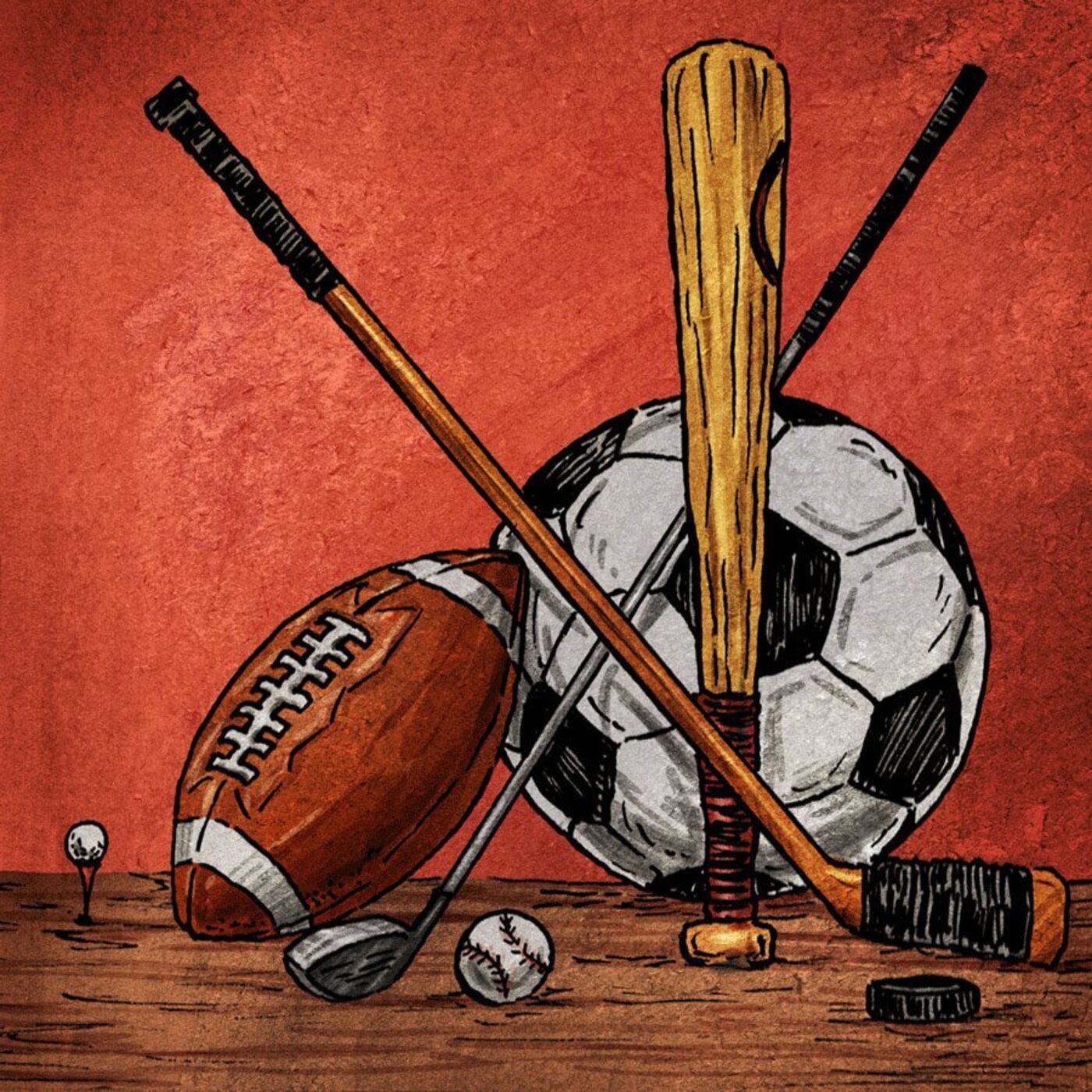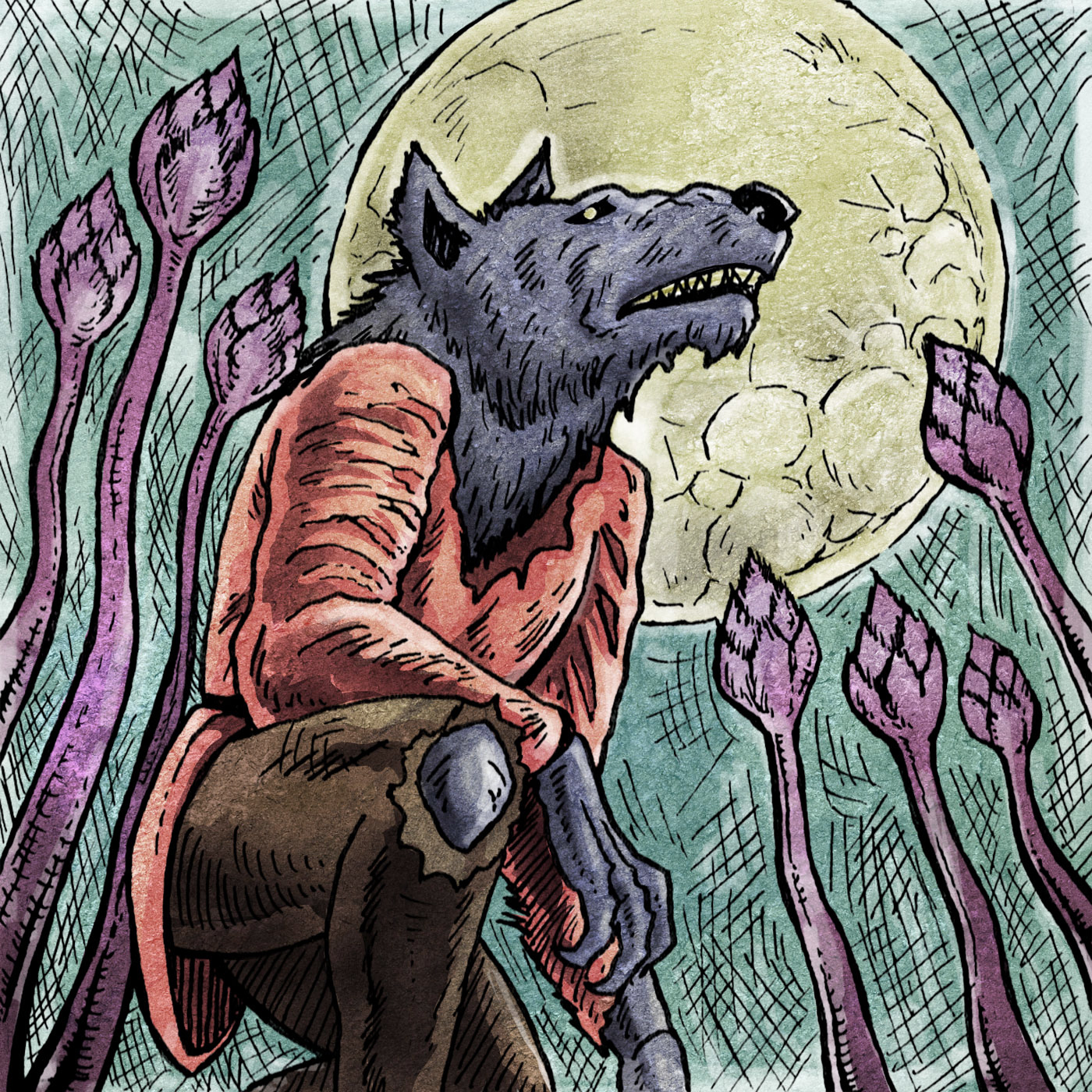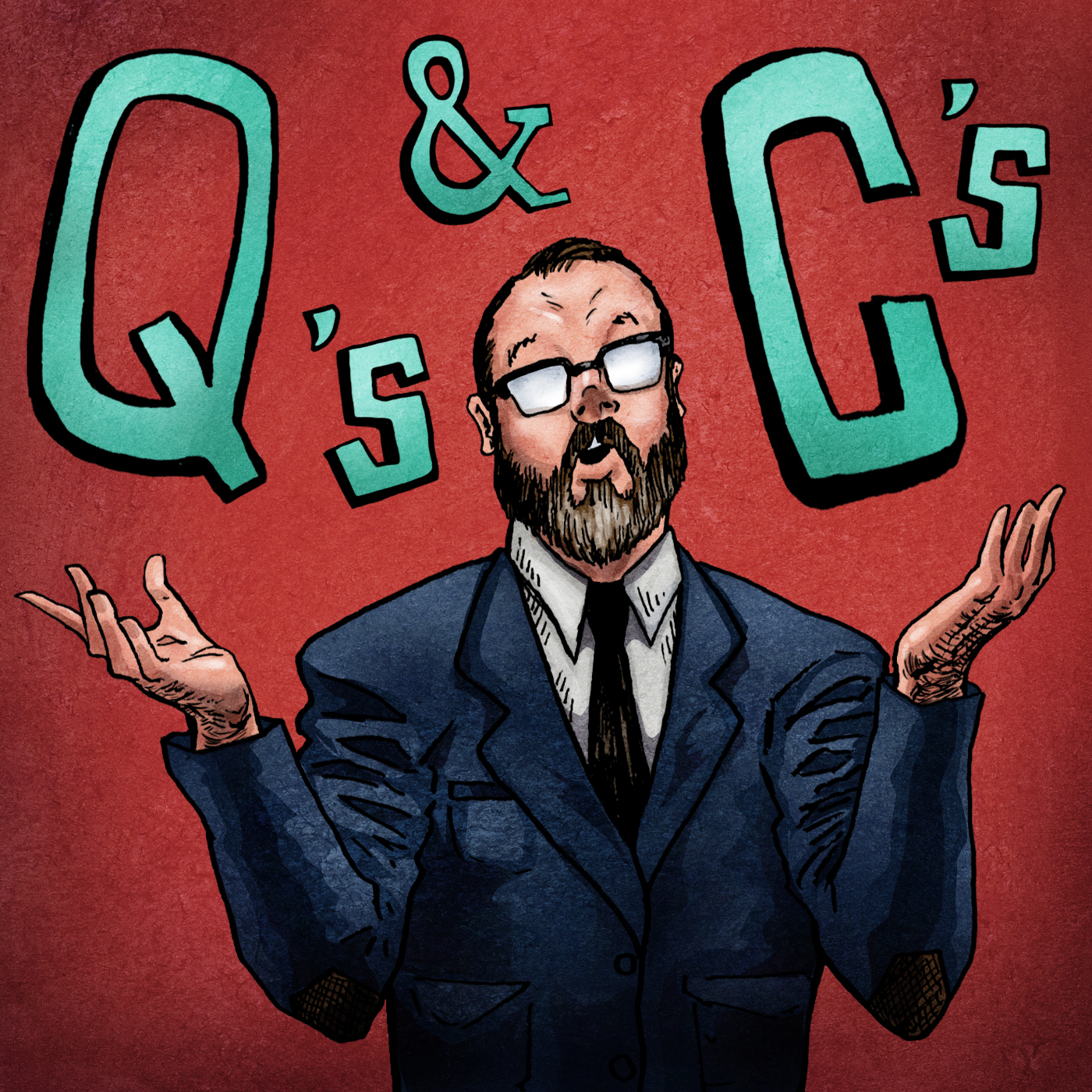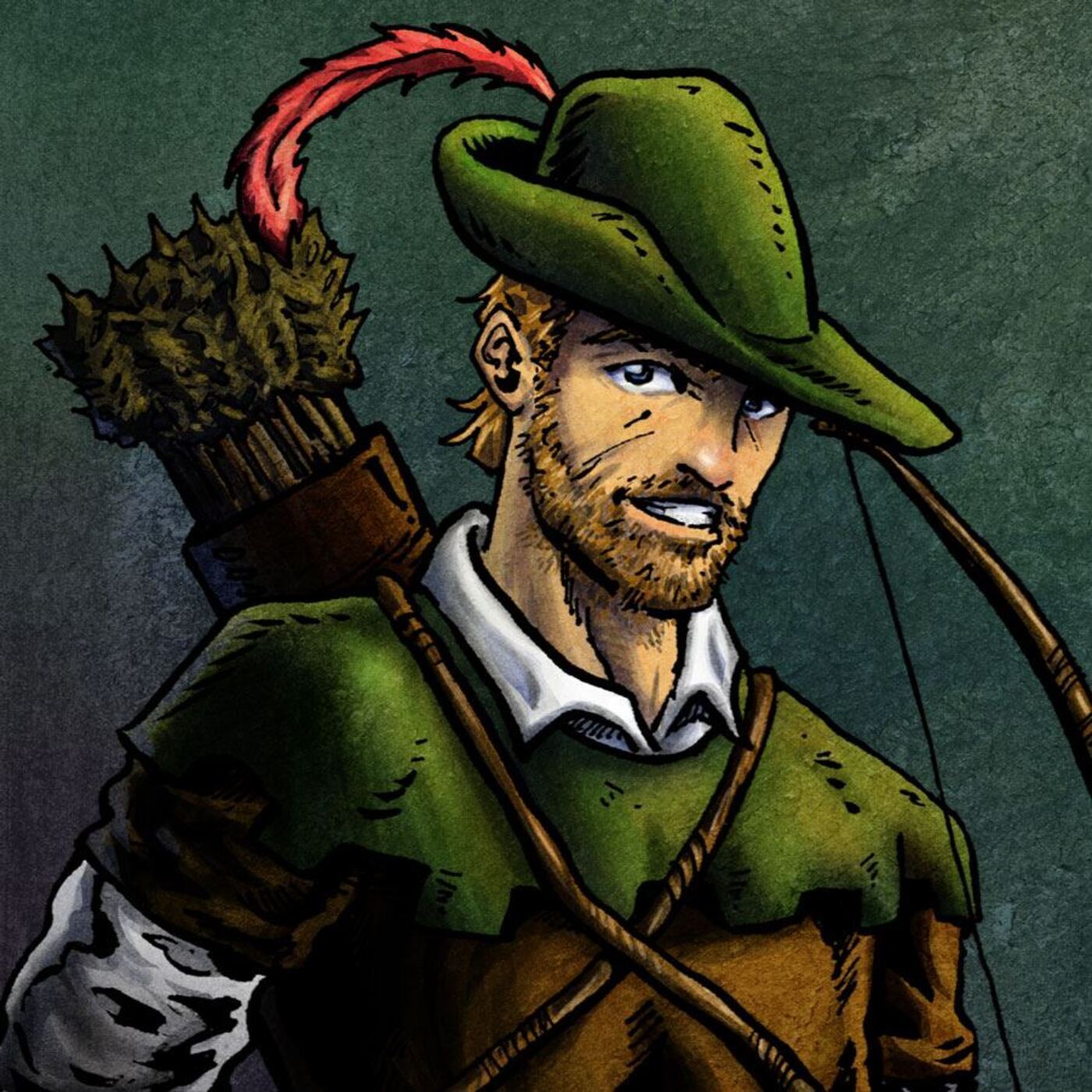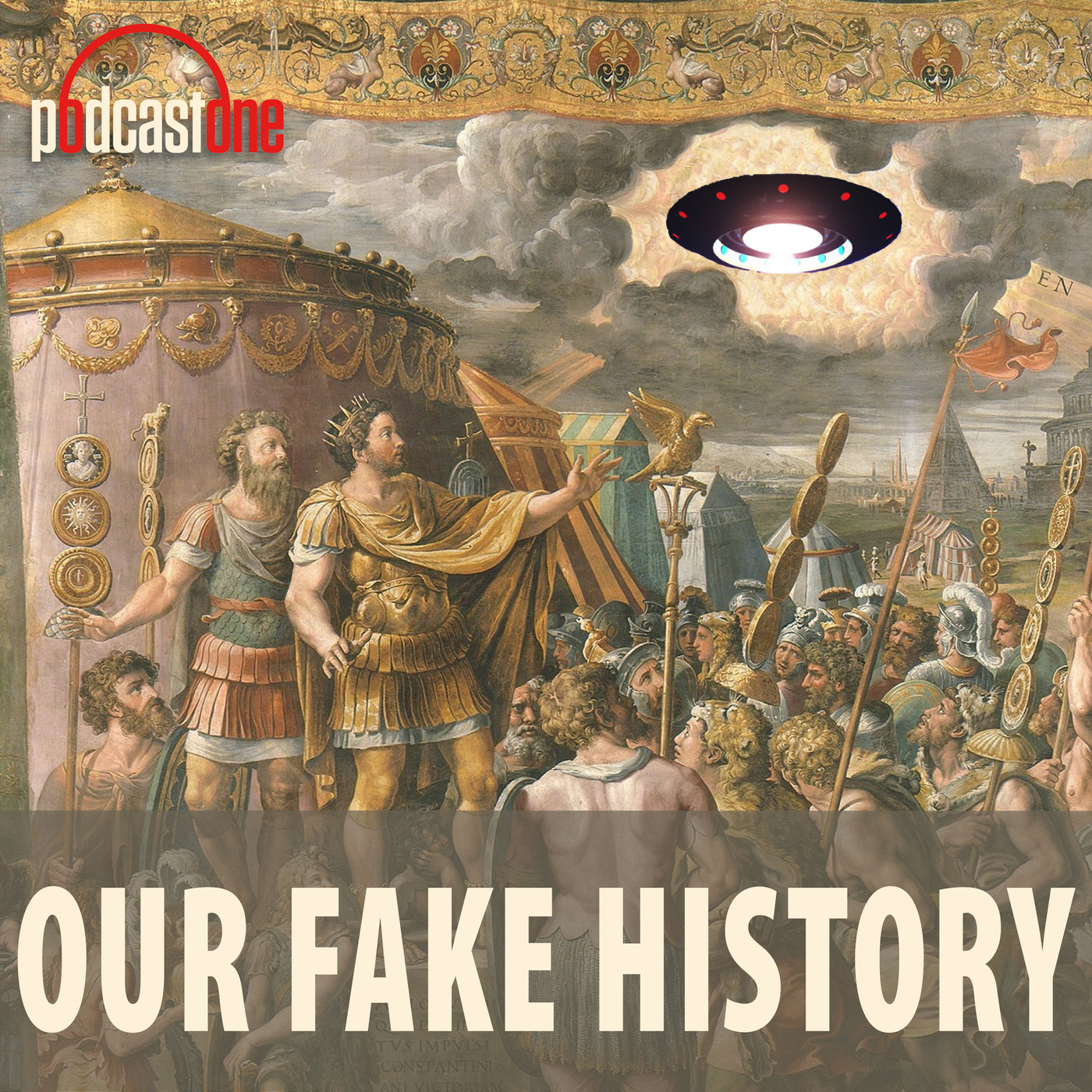OFH Throwback- Episode #71- Who Invented Your Favourite Sport?
In this throwback Sebastian does his best to get you geared up for an upcoming trilogy on the Olympics by returning to this much-loved episode on the mythical origins of popular sports. The question of who invented a particular sport can sometimes be a matter of national pride. As such sports history can become hotly contested. It should then come as no surprise that the origin stories of many popular sports are often riddled with historical myths. Tune in and find out how A Little Pretty Pocket Book, a civil war hero, and Sebastian losing his citizenship all play a role in the story.
See Privacy Policy at https://art19.com/privacy and California Privacy Notice at https://art19.com/privacy#do-not-sell-my-info.
See Privacy Policy at https://art19.com/privacy and California Privacy Notice at https://art19.com/privacy#do-not-sell-my-info.
Press play and read along
Transcript
Transcript is processing—check back soon.
Our Fake History — OFH Throwback- Episode #71- Who Invented Your Favourite Sport?
